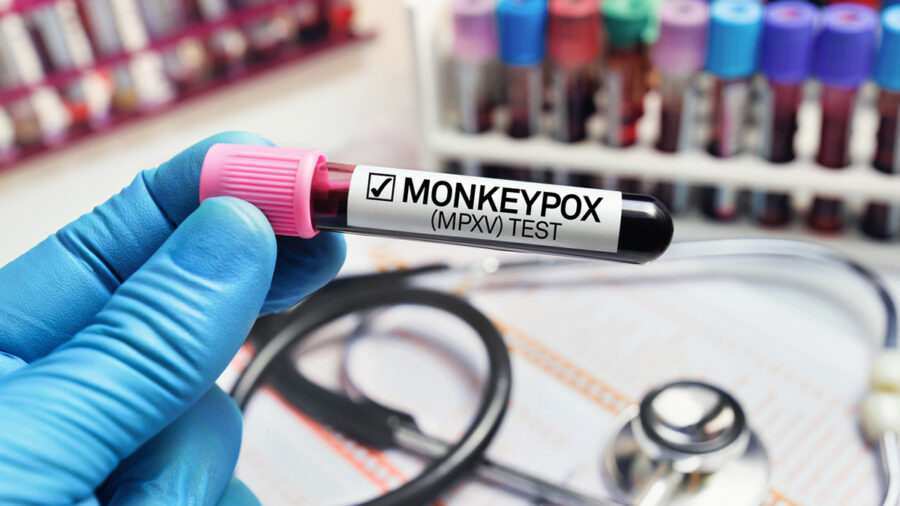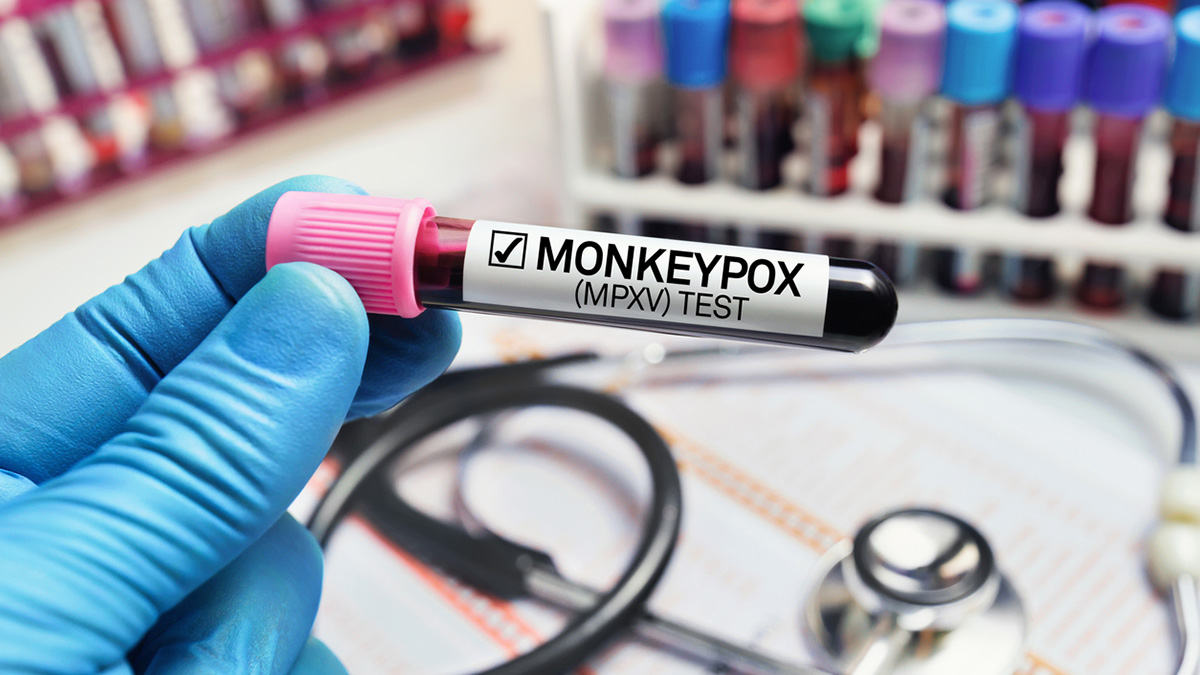
Monkeypox: South Africa Identifies First Case
The first case of Monkeypox in South Africa has been confirmed, Health Minister, Dr Joe Phaahla, said during a media briefing in Pretoria on Thursday. The patient is a 30-year-old male from Johannesburg, Gauteng, who has no travel history, meaning that this cannot be attributed to having been acquired outside South Africa. Phaahla said: “Late […]

The first case of Monkeypox in South Africa has been confirmed, Health Minister, Dr Joe Phaahla, said during a media briefing in Pretoria on Thursday.
The patient is a 30-year-old male from Johannesburg, Gauteng, who has no travel history, meaning that this cannot be attributed to having been acquired outside South Africa. Phaahla said:
“Late yesterday, I received a report from the National Health Laboratory Services CEO that they have confirmed through laboratory tests the first case of Monkeypox in South Africa. The patient is working with the relevant health authorities and a process of contact tracing has begun.”
Monkeypox is usually a mild disease manifesting as blisters or lesions on the skin. It is usually “self-limiting” with a fatality rate of 1%. The World Health Organization will decide today whether to declare monkeypox a global health emergency, although this has upset some leading African scientists who say it has been a crisis for some African countries for years.
The disease has previously been reported in African countries such as Nigeria, Democratic Republic of the Congo, Central African Republic and Ghana in the early 2000s; but not in South Africa.
The current outbreak is dominated by high numbers in Europe with the UK leading with over 700 cases. The outbreak in the UK began in early May when a patient, who had recently travelled to Nigeria, was identified with monkeypox.
Spain now has just over 500 cases, followed by Germany, Portugal and France. Cases have also been reported in the USA and Canada with cases below 200.
SA’s Health Minister said the National Institute for Communicable Diseases (NICD) is conducting online in-service training for health workers for them to be able to detect the disease so that the necessary laboratory tests can be done.
“The disease only spreads through close contact, so you cannot get it by being in the same room with an infected person. Thus far it has been dominant in men who have sex with men, but the main feature is that transmission is through close contact,” the Minister said.
Minister Phaahla assured South Africans that Monkeypox is not a novel virus which has never been seen before and its characteristics are well known.
Chairperson of the Ministerial Advisory Committee (MAC) on COVID-19 and Executive member of National Health Laboratory Service, Professor Koleka Mlisana, said Monkeypox is a disease that is endemic in Central and Northern Africa which has been known and it’s a mild form of disease.
Monkeypox symptoms and treatment
She said that there are similarities between Monkeypox and Smallpox which has been eradicated.
“There are vaccines and treatment available for Monkeypox. The disease presents itself with flu-like symptoms and Legionnaires. The important thing is that somebody who comes up with a clinical picture is easy to diagnose and most importantly it is difficult to transmit, unlike a respiratory virus, because it is by contact. You would only get it when you have come in direct contact with somebody who is infected,” she said.
The Professor said the reason why they talk about males who have sex with other males is because it has always been endemic in Central and Northern Africa but lately there has been cases of Monkeypox outside Africa and – when looking at the cases – they have been mainly in men who have sex with other men.
However, she said this does not mean that it only gets transmitted through men who have sex with men, but any direct contact.
Professor Mlisana said contact tracing is important in this case and the Health Department will continue to do that.
The UK government says: “Anyone can get monkeypox, particularly if you have had close contact, including sexual contact, with an individual with symptoms. Currently most cases have been in men who are gay, bisexual or have sex with men.”
On its website, the UK Government advises contacting a health specialist if you have a rash with blisters and you have either been in close contact over the past three weeks with someone who may have monkeypox; or you’ve been to West or Central Africa in the past three weeks.
Prof Mlisana assured South Africans that the Laboratory infrastructure has all the adequate resources to be able monitor any new infections that may arise.
Sources: SAnews.gov.za, Reuters and Gov.uk
